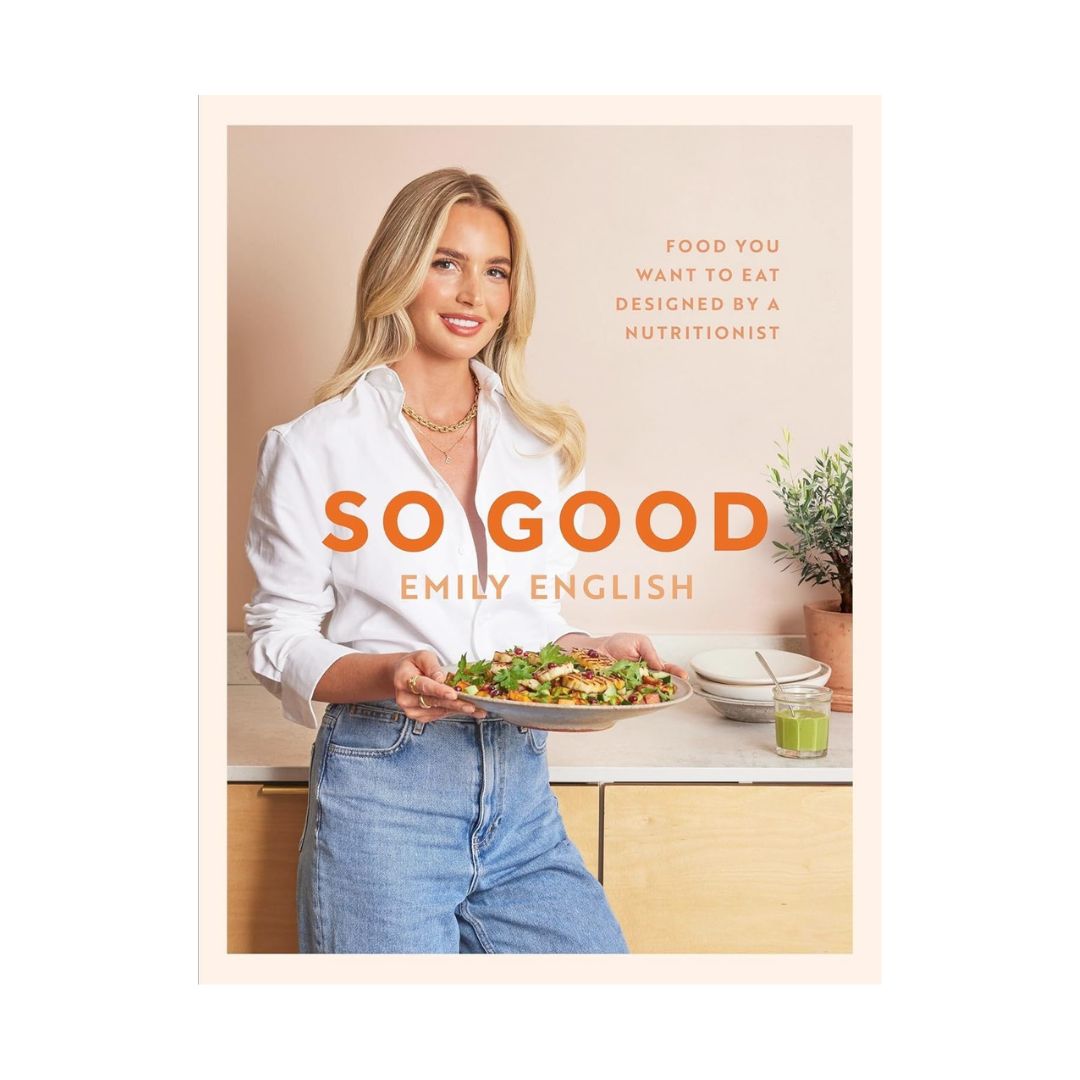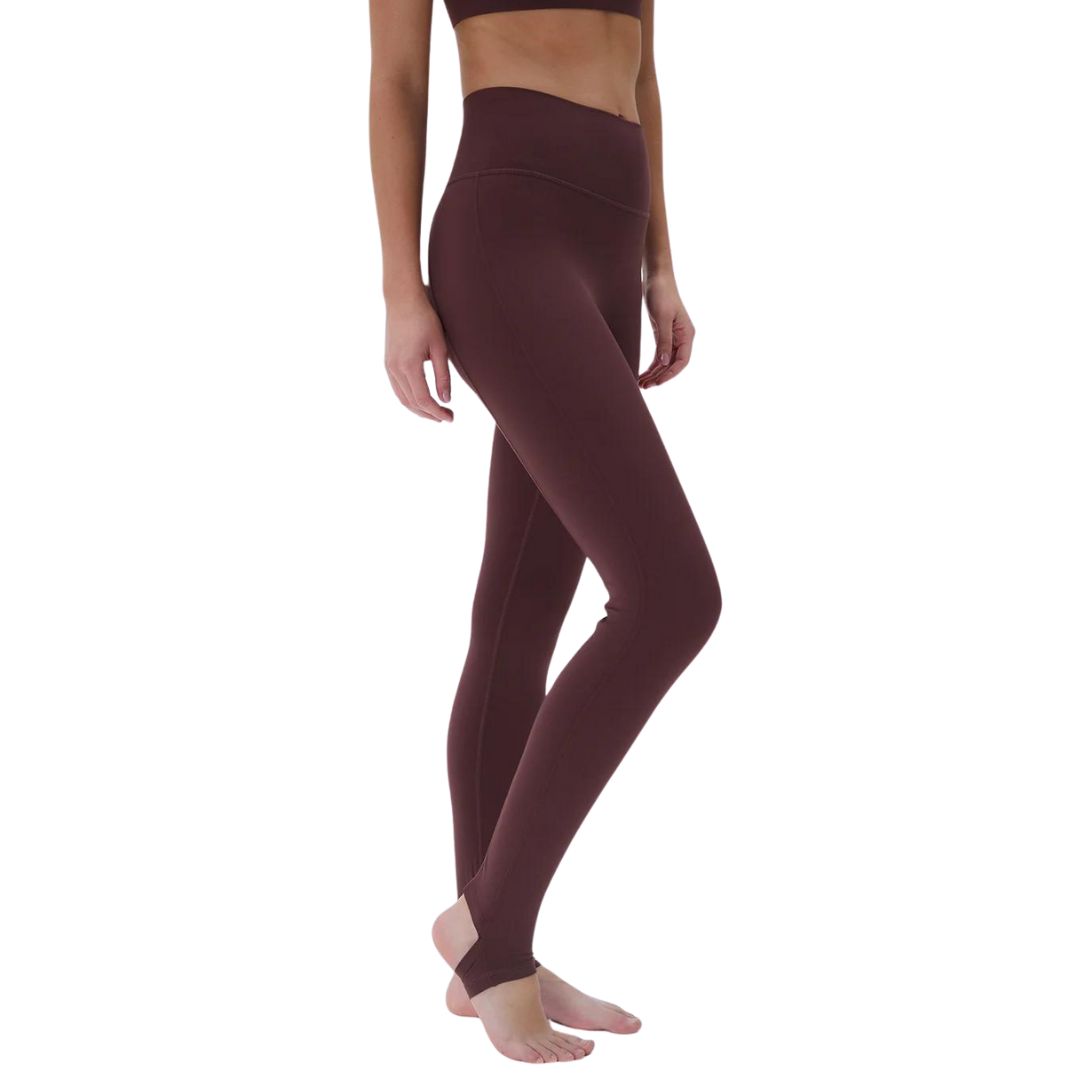As Apple Cider Vinegar drops on Netflix, we ask - how did fake wellness influencer Belle Gibson get so far with her lies?
Warning: major spoilers ahead.
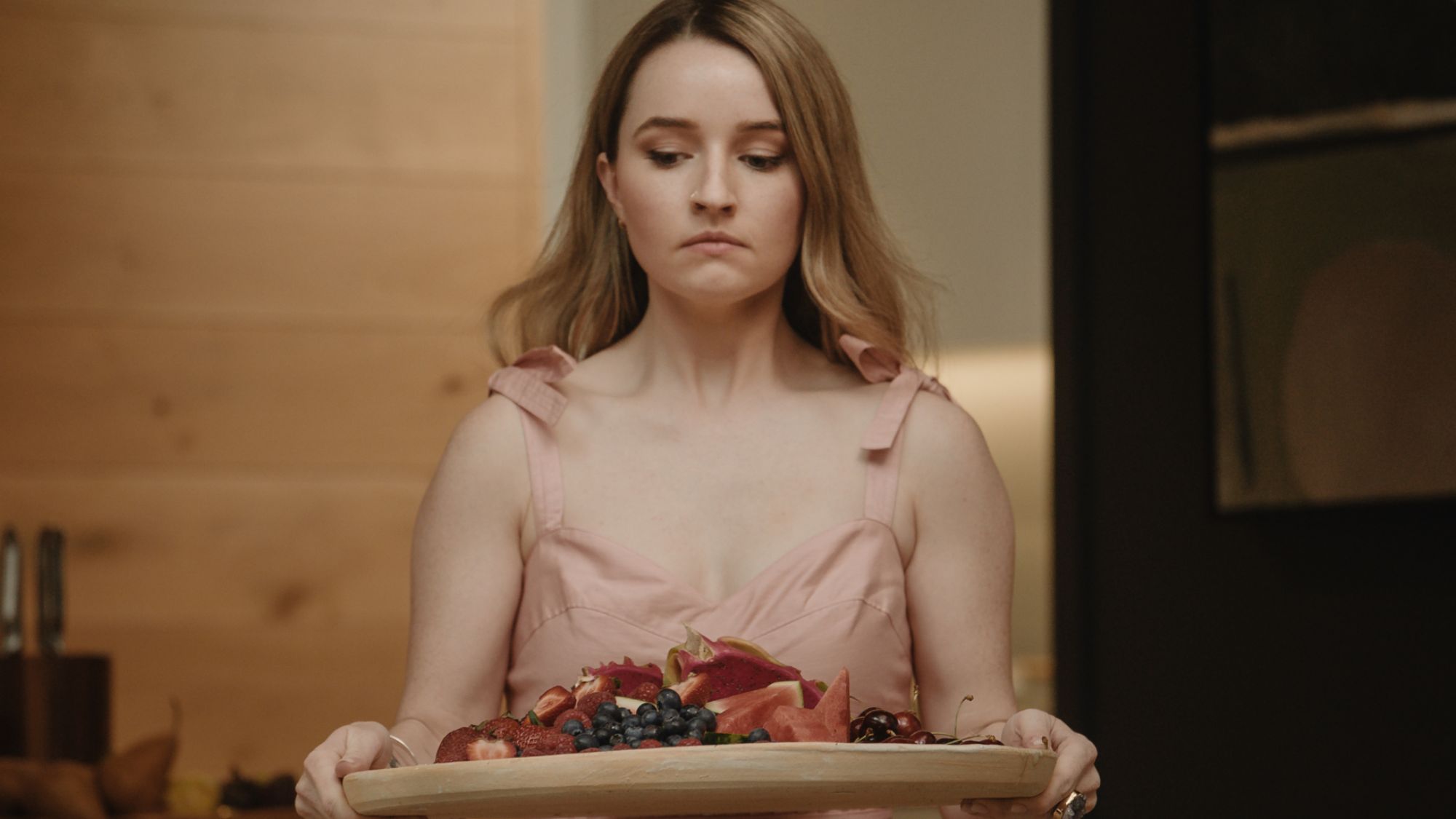
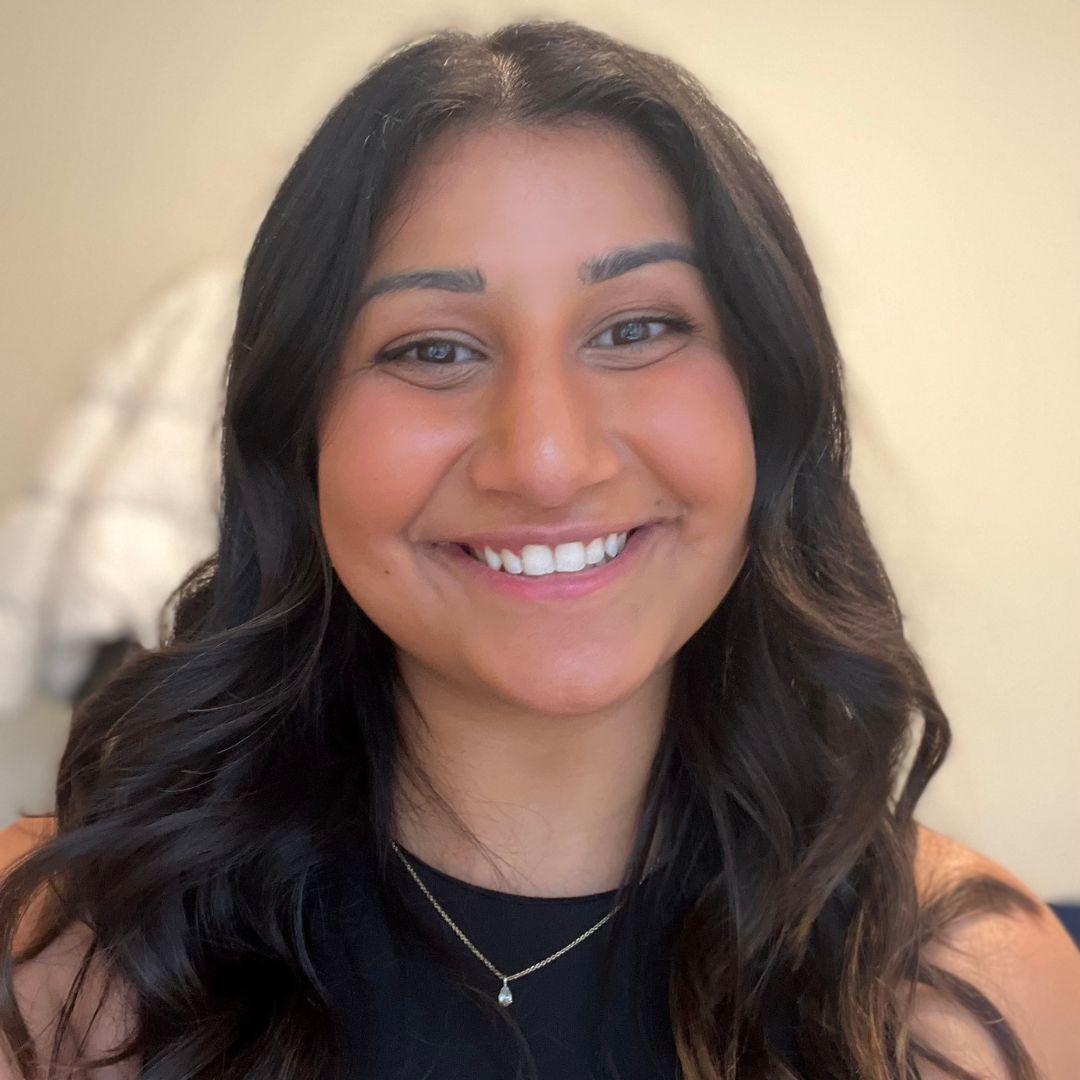
You've likely seen Netflix's newest show, Apple Cider Vinegar, all over your social media feeds this week. Based on the true story of Australian wellness influencer Belle Gibson, the show follows her sharp rise to fame after healing her terminal brain cancer with a strict gluten and dairy-free whole-food diet.
There was one catch, though - the "cancer" she claimed to have cured was a lie.
The story was as fascinating at the time as it is now, and actor Kaitlyn Dever's complex portrayal of Gibson is at times excruciating, but also impossible to stop watching.
A six-part limited series, the show is, in its own words, "a true story, based on a lie" - in short, a dramatised retelling of the influencer's rise to fame (and eventual fall from grace).
Much like her followers did, we follow Belle through receiving a terminal brain cancer diagnosis, her journey to "healing" her tumour with nutrition and clean eating, and then building an empire once backed by the likes of Penguin and Apple through her Instagram, cookbook, and award-winning app.
The show is as poignant now as her story was then, and serves as a timely reminder to always question the health information you see online. Below, we share your need to knows about the Apple Cider Vinegar show, plus chat with top nutrition experts about the sheer wealth of health misinformation online, not to mention the stark dangers of basing your lifestyle on unqualified influencers.
As the Apple Cider Vinegar Netflix show goes wildly viral - we explore the life of the fake wellness influencer it's based on, Belle Gibson
What is the Apple Cider Vinegar Netflix show?
As we've touched on above, both Dever - who plays the main character in Apple Cider Vinegar - and the real-life Belle Gibson started sharing the fabricated details of their cancer diagnosis and healing on a now-deactivated Instagram account @healing_belle. The account amassed over 200,000 followers inspired by her story.
Marie Claire Newsletter
Celebrity news, beauty, fashion advice, and fascinating features, delivered straight to your inbox!
Her popularity spurred the launch of her wellness brand, The Whole Pantry, whose app was voted as Apple's best new food and drink app in 2013. She was also offered a book deal by Penguin, which was published by Penguin a year later in 2014.
The series also follows another fictional influencer, Milla Blake, who documents the alternative methods she uses to try healing sarcoma, a family Belle claimed to be raising money for, and two journalists named Justin and Sean.
They're based on Beau Donelly and Nick Toscano, the real-life authors of The Woman Who Fooled The World. This investigation into Gibson was what ultimately shone a light on her fabricated claims and inspired the show, happening both in Apple Cider Vinegar and the real world.
We also meet Justin's wife Lucy, who turns to Belle's page during her battle with breast cancer. Although Lucy isn't based on a specific follower of Belle's, the health risks fans face as a result of listening to influencers instead of doctors are all too real.
"There’s so much misinformation in the health and wellness space, and the health trends that go viral are often the most extreme or fear-based," nutritionist Clarissa Lenherr shares. "Nutrition is powerful when it comes to prevention and can help lower the risk of chronic diseases like heart disease and diabetes. But when it comes to serious illnesses, nutrition isn’t a standalone treatment."
A post shared by Netflix UK & Ireland (@netflixuk)
A photo posted by on
What did Belle Gibson do?
In both the show and real life, Belle said she turned away traditional treatments like chemotherapy and healed her terminal brain cancer through clean, all-natural eating. She shared the recipes she supposedly used through her app and cookbook, and appeared to donate a percentage of monthly profits while also raising money for families around Australia.
But according to ABC Australia, Belle actually only donated around $10,000 of the $300,000 she claimed to.
The real Belle also claimed to use Gerson therapy, which is depicted in the series through the fictional Hirsch Institute that Milla attends.
Gerson therapy's techniques will sound familiar to viewers of Apple Cider Vinegar: patients undergo up to five coffee or castor oil enemas each day and exclusively consume fruit and vegetable juice with a glass every hour. According to Cancer Research UK, Gerson therapy "can have severe side effects", and "there is no scientific evidence that it can treat cancer or its symptoms".
It's a dangerous treatment to advocate for - especially as a public figure with a platform of millions.
"Food is medicine, but it’s not the only medicine," Lenherr says. "When influencers promote restrictive diets, unnecessary detoxes, or supplement regimes without solid research behind them, people end up wasting time and money - and worse, it can delay proper medical treatment and cause real, serious harm."
@mswatchmojo ♬ original sound - msmojo
How did Belle Gibson get caught?
Along with the fictional versions of Donelly and Toscano, Apple Cider Vinegar introduces us to a character named Chanelle, who is Milla's best friend and Belle's manager. The real Chanelle McAuliffe is a former friend of Belle's and was the first to raise concerns about the influencer's dishonest diagnosis to the two journalists.
Just like in the show, the pair ended up investigating claims of unpaid funds, building up to the release of an exposé of Belle Gibson in the Australian publication The Age in March of 2015.
Where is Belle Gibson now?
After Belle was caught, her cookbook was pulled from shelves, and her app, The Whole Pantry, was deleted from the App Store. She also deleted all of her social media accounts.
Although she was never criminally charged and skipped every hearing, The Herald Sun reported that Belle was found guilty by the Federal Court of Australia of deceptive and misleading conduct in civil charges filed by Consumer Affairs Victoria and ordered to pay a total of $410,000 in fines.
There haven't been many public sightings of Belle since The Age's article dropped. Some of her standout appearances include a now-infamous 2015 interview with 60 Minutes Australia (recreated in the show), a court appearance in 2019 over failure to pay her fines, and a 2020 interview with ABC Australia where she claimed to have been "adopted" by "Melbourne's Ethiopian community", spoke in the Oromo language, and introduced herself as Sabontu.
When asked in 2021, Dr. Tarekegn Chimdi, the head of the Ethiopian community in Melbourne, told The Australian Women's Weekly “She is exploiting the good heart of the people in our community".
And according to Donelly and Toscano, as of 2023, Belle has yet to pay back a single dollar.
What are the dangers of believing health misinformation online?
The whole show is a fascinating insight into how far people are willing to go to build their own brand, how simple it is to hide your reality behind a social media account, and how easily we fall for wellness influencers online without knowing the whole picture. While there are now more stringent measures in place on social media apps to ensure scams like Gibson's don't happen again, there are also algorithms at play that actively promote outlandish or alternative methods - think extreme treadmill challenges or strict alternative supplement regimes. These can be particularly damaging when it comes to your health and wellbeing.
Case in point: As this 2023 Protein Works study found, TikTok health misinformation is rife. While videos at the time of the study under the hashtag #health had accumulated over 85.6 billion views, they found that a staggering 98% of TikTok's videos under top health hashtags are "considered misleading." Only 2% of health videos giving nutrition, mental health, fitness and supplement advice included disclaimers, while seven in ten (69%) of health creators have no relevant qualifications. Not only that, but worryingly, they found that unqualified creators got as many as five times the number of views than those with qualifications.
As Senior Health Editor at Marie Claire UK Ally Head reflects, now more than ever, it's important to be critical, diligent, and question and fact-check what you see online. "We're in an era where TikTok, in particular, is actively encouraging videos of people without qualifications claiming quick fixes have changed their life - when in reality, the cold, hard science has proven time and time again that a healthy lifestyle isn't about quick fixes, rather an 80/20 consistency."
"When it comes to health conditions, consulting your doctor and following their advice should never be a question. Anyone who suggests otherwise - and especially those without relevant qualifications - is problematic."
The Apple Cider Vinegar Netflix show is available to stream on Netflix now.
Instagram's Worst Con Artist, a documentary about Belle Gibson, is currently available to stream on ITVX, and will be released on Netflix February 20th.
Shop MC UK's go-to health tools now:
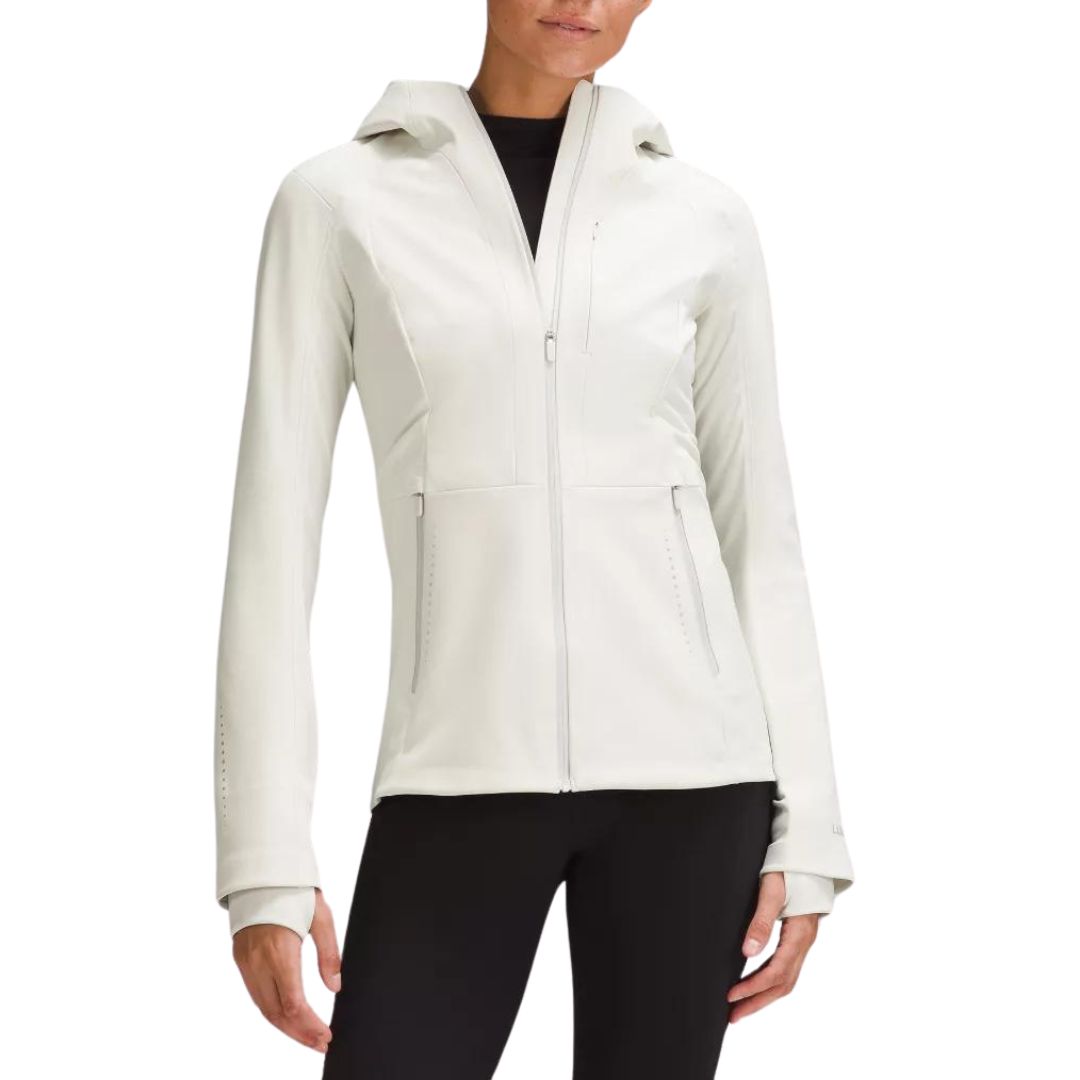
Stay warm in the winter months with this seriously cosy but high tech jacket from lululemon - great for cold runs or walking to your Pilates studio.

Nishaa Sharma is a freelance content creator, social media manager, and health, lifestyle, and interiors journalist. Originally from the West Coast of the US and now living in the UK, she spends her time on countryside walks, scrolling for standout trends and hacks, trying new matcha recipes, and testing the best in at-home wellness tech and equipment.
-
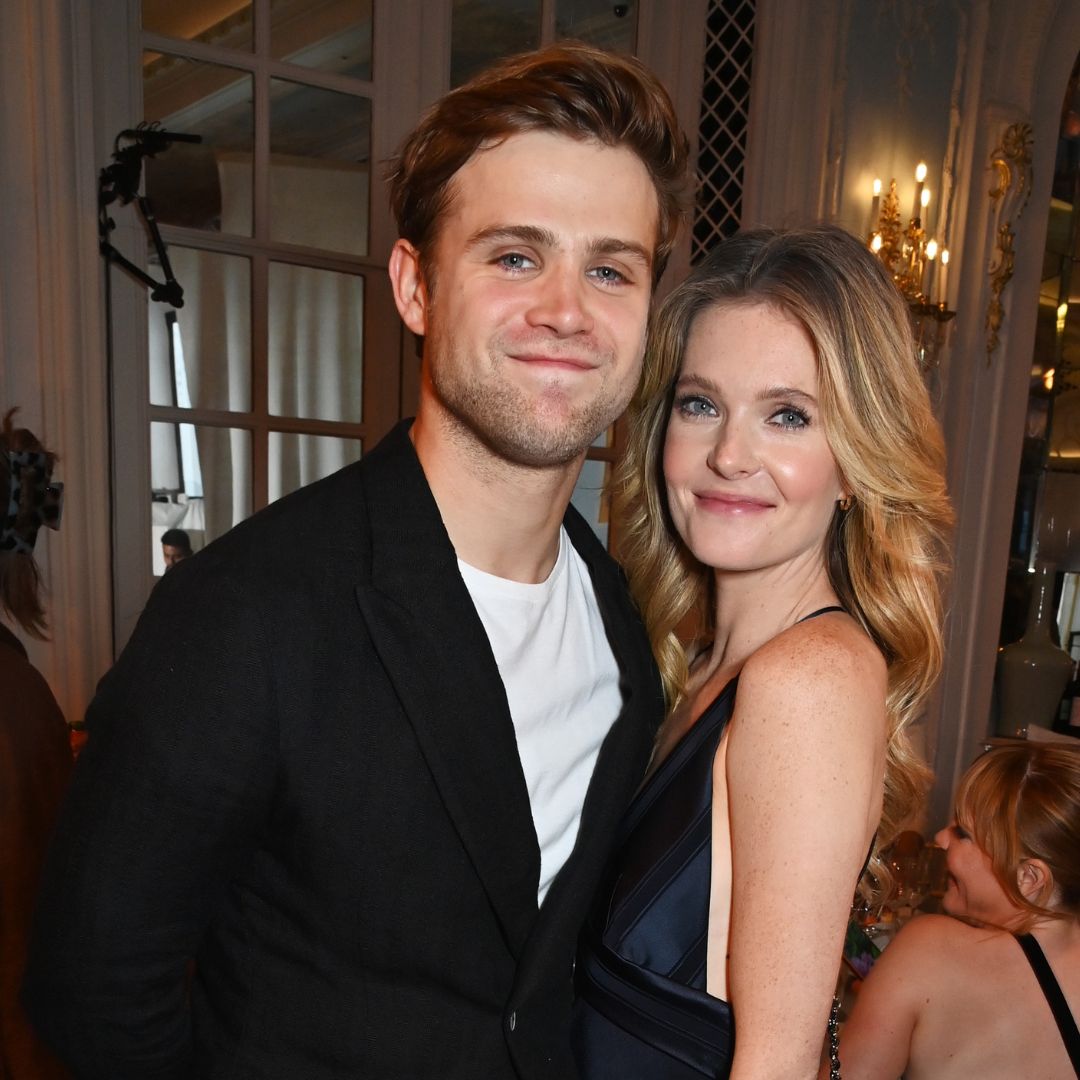 Here's a rundown of The White Lotus cast members who have dated in real life
Here's a rundown of The White Lotus cast members who have dated in real lifeBy Jenny Proudfoot
-
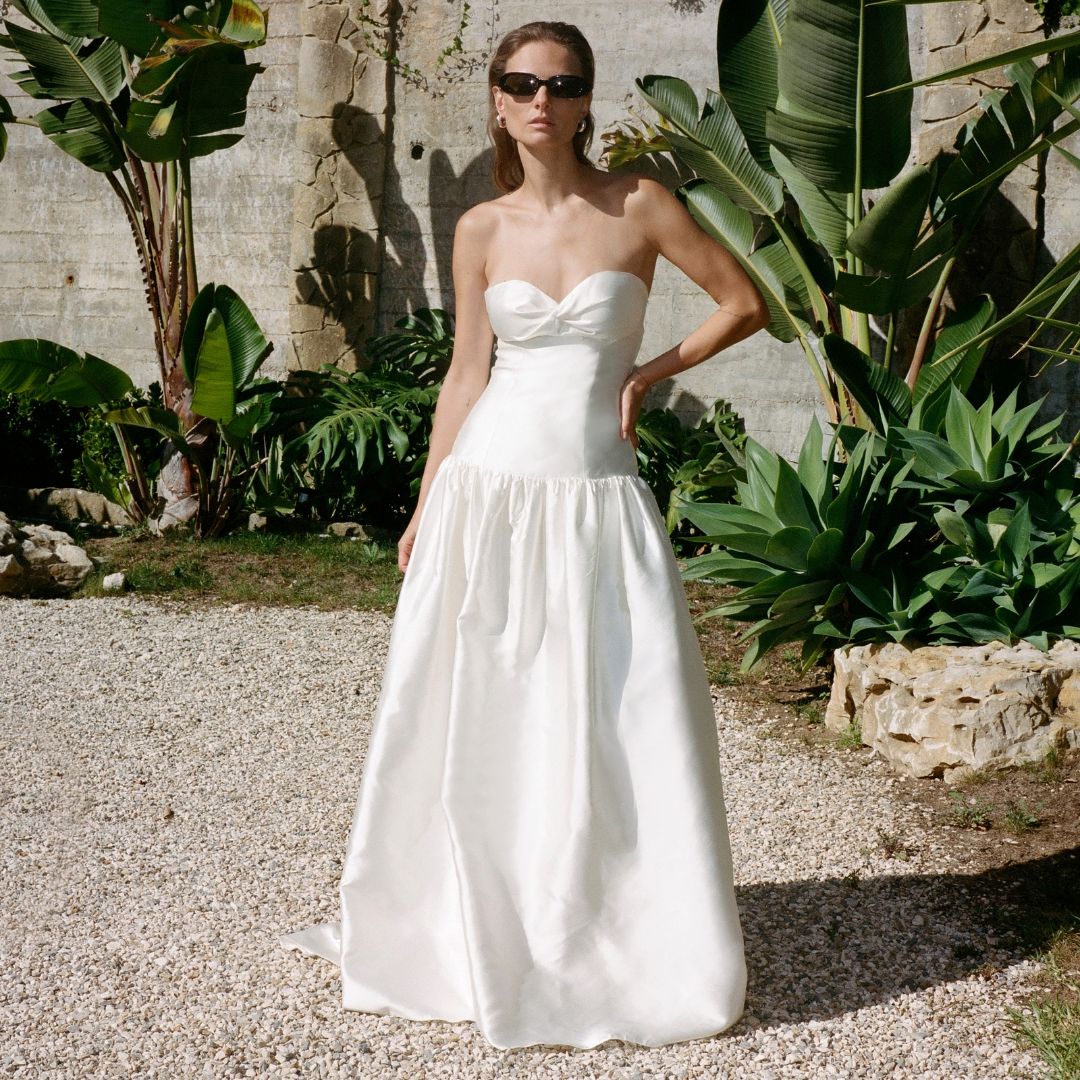 All the coolest brides are wearing drop-waist wedding dresses this year
All the coolest brides are wearing drop-waist wedding dresses this yearWedding Special Minimalist, nostalgic, and universally flattering
By Clementina Jackson
-
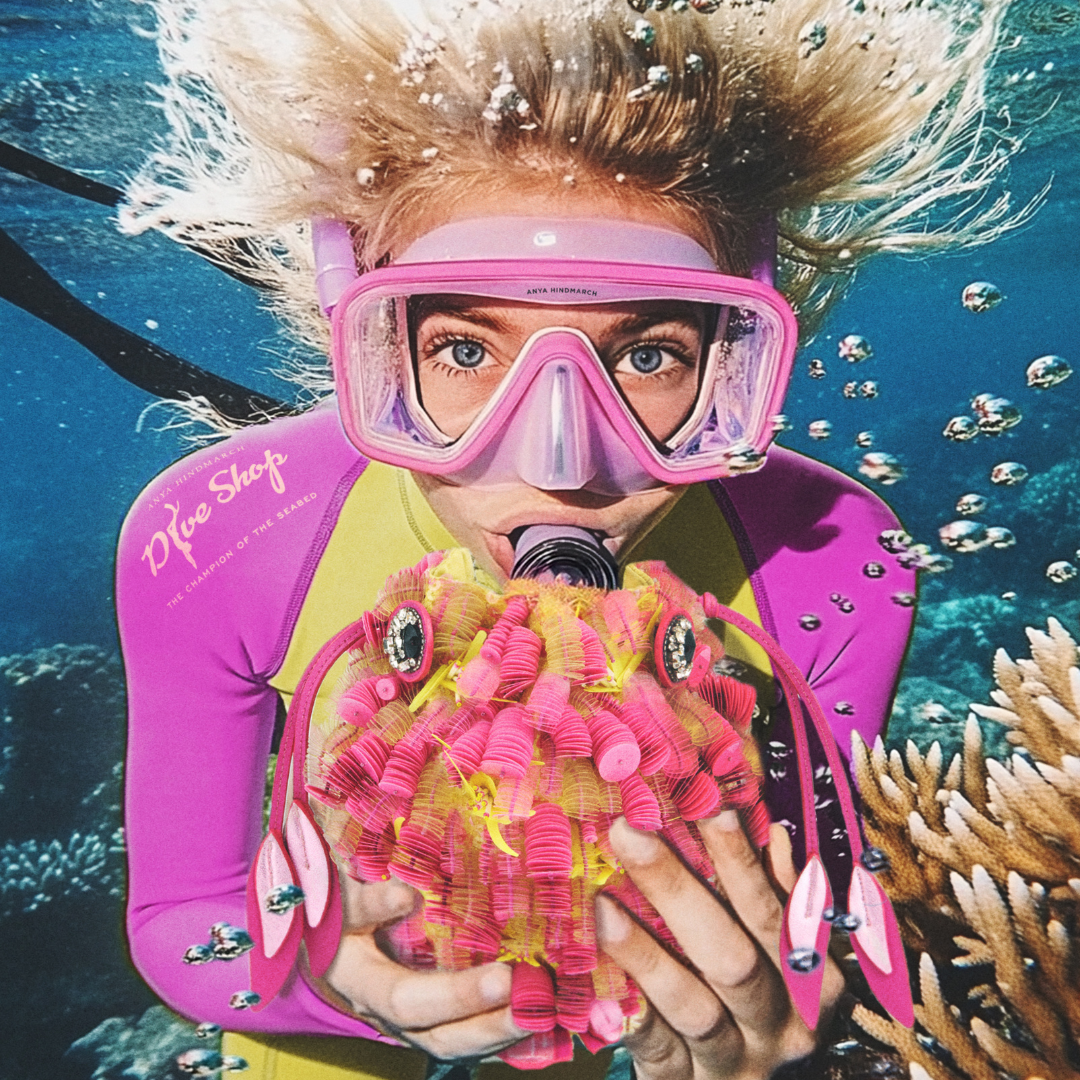 Anya Hindmarch has just launched a fantastical diving shop in central London
Anya Hindmarch has just launched a fantastical diving shop in central LondonFor those who would rather be beside the seaside...
By Sofia Piza
